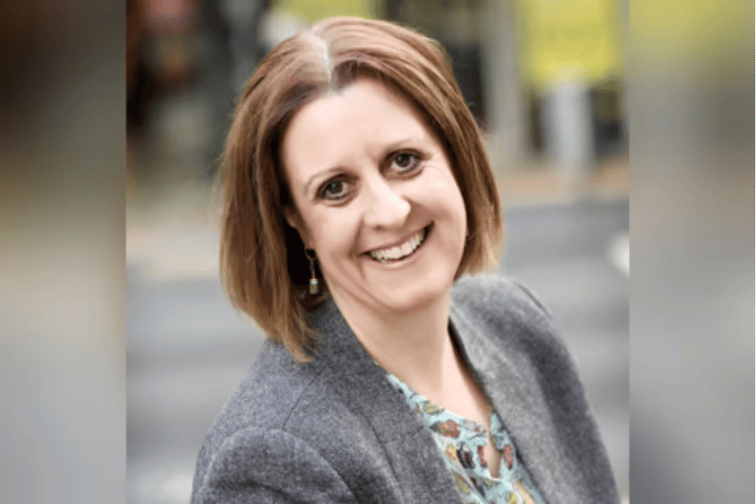

It’s a fast-changing world we live in, and sometimes, these shifts outpace our resilience and ability to adapt.
One key takeaway from our latest Financial Advice NZ conference, earlier this month, is that as a sector we need to keep a close eye on ever-evolving trends, needs, and aspirations. We need to understand how Kiwis are feeling – what’s influencing their overall well-being, and what advisers can do to help.
On this very note, a recent report by Southern Cross (Healthy Futures) provides a compelling picture of the role that certain factors play in driving physical, social, and emotional well-being. Unsurprisingly, financial health is one of the most prominent drivers, and that’s where insurance advisers can make a difference, in more ways than one.
According to the report, the rising cost-of-living and the economic impact of COVID-19 are among the top concerns for New Zealanders in 2022. What’s more, a third of people surveyed were unhappy with their financial situation, particularly those aged between 30 and 49, as well as parents with younger children, Māori and Pacific Islanders, low-income earners, and those living with a disability or illness.
This tells us that inflationary dynamics are exacerbating vulnerabilities, as insurance advisers already see every day while working with clients. It also confirms that many Kiwis’ budgets are getting tighter, making cost considerations around insurance more pressing.
The perceived cost of premiums has always been one of the key barriers to getting cover in New Zealand. So, to combat underinsurance and make sure that people don’t give up on their financial safety net, we need to continue promoting insurance as a critical investment in peace of mind. The cure for underinsurance, now more than ever, is public awareness.
It’s interesting to note that people are increasingly aware of the importance of overall well-being, yet many are not quite sure where to start, or feel they should do better or more.
The meaning of well-being also varies widely, depending on where people are at in life. For example, Kiwis with no children tend to measure their well-being in terms of living their best life, doing well individually, and doing good for the world. Parents with young kids, on the other hand, put themselves last and their children first, whereas parents with older kids (10-17 years old) are focused on leading by example and living a full life.
These are all broad generalisations, of course. But they are a testament to the importance of individual circumstances in defining well-being goals and expectations. This is where the value of expert help comes in: by taking the time to understand people’s unique situation, insurance advisers are in a prime position to be part of Kiwis’ larger ‘support system.’
The report features a wide range of compelling stats and facts. But as far as insurance advice is involved, I think one of the key findings is around the barriers to accessing healthcare.
In line with past surveys, high costs remain the number-one concern when it comes to seeking medical treatment. Alongside this, a growing number of Kiwis (25%, up 14% from 2020) are finding wait times too long, compared to pre-pandemic times. This is the direct consequence of DHBs being under unprecedented pressure, due to a combination of COVID-19 restrictions and labour shortages. Health districts across the country are trying to catch up on surgery delays, but it’s clear that it won’t happen overnight.
So, there’s an opportunity for advisers to show how health insurance can make those costs more manageable, keep wait times to a minimum, and hopefully also ease the pressure on public healthcare. The benefits are multi-fold: health insurance means getting timely care, supporting positive outcomes, and even achieving an improved sense of health and well-being. Once again, it’s an area where advisers can make all the difference, especially now that the pandemic has put personal and financial well-being under the limelight.
Our recent annual conference has provided plenty of opportunities to exchange ideas, get inspired, and refuel motivation. Importantly, it has shown that the financial advice sector weathered the storm and now looks forward to what’s next.
What’s next is helping Kiwis put their own well-being first. For our part, we’ll continue to be in advisers’ corners, providing them with all the tools and resources they need to offer the highest quality of service. Visit financialadvice.nz to learn more about our adviser support and get in touch to learn more.
